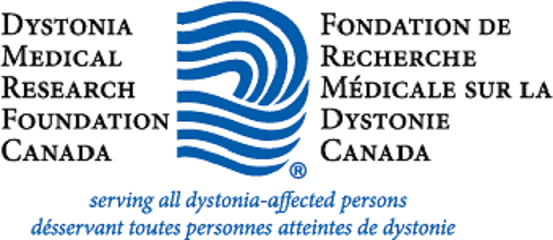Cervical dystonia, also known as spasmodic torticollis, is a focal dystonia characterized by neck muscles contracting involuntarily, causing abnormal movements and awkward posture of the head and neck. The movements may be sustained (“tonic”), jerky (“clonic”), or a combination of both.
This summer, DMRF Canada worked in partnership with OnResearch to properly quantify what cervical dystonia patients experience living in Quebec. Unfortunately, the results were as expected but highly concerning.
As September is Dystonia Awareness Month, DMRF Canada is releasing the survey results, with a plan for moving forward:
The impact of Cervical Dystonia on people is intense, with ongoing pain, fatigue, and difficulty to meet the most basic requirements of life. Sufferers are hoping to find treatments to improve their health overall. Some even mention that resources are limited and it feels like no one understands this ailment. Most people cannot find a treatment that fully addresses their symptoms. Most experience symptoms that never completely go away and some have symptoms that are not addressed at all.
Moreover, the disorder not only affected the patients but also left a strong impact on family and friends as well. Families are likely to be impacted emotionally, fatigued, and impacted by many different limitations on activities. Friends are similarly impacted, but most in terms of day-to-day interactions and socializing.A highlight of the survey findings are available here.
DMRF Canada is committed to developing a strategy to help support these patients in Quebec. Look at how you can make a positive impact on individuals suffering from Dystonia, click here.
Stay tuned for news coming on a variety of support initiatives in the coming months.
Note: We have two support groups operating in Montreal:
Montreal - English Speaking Support Group Meeting October 2018
Montreal - French Speaking Support Group Meeting November 2018 (Dystonie - Partage)
